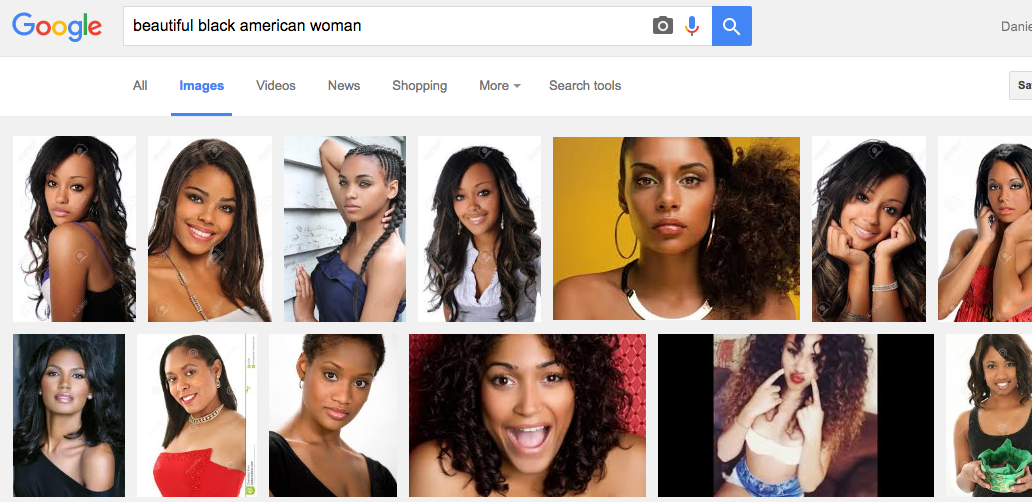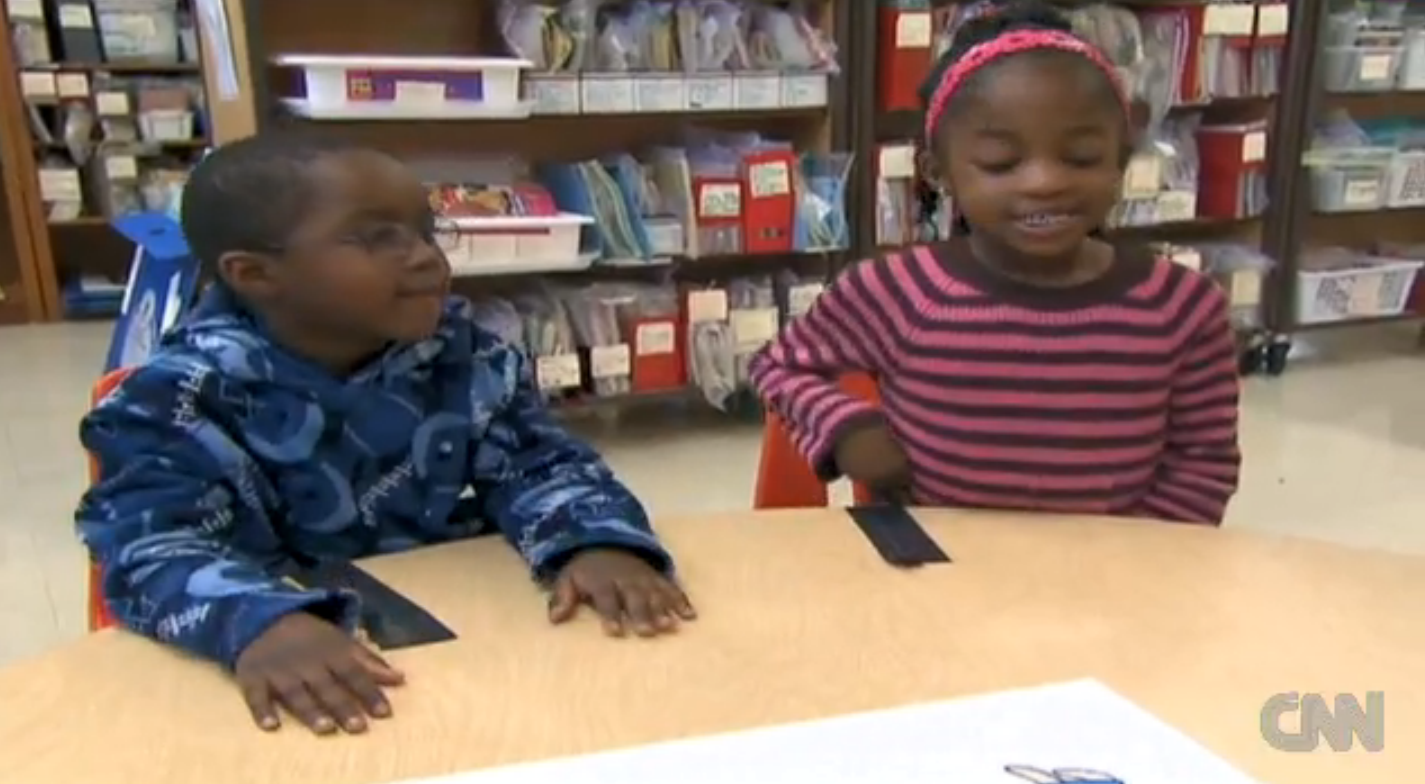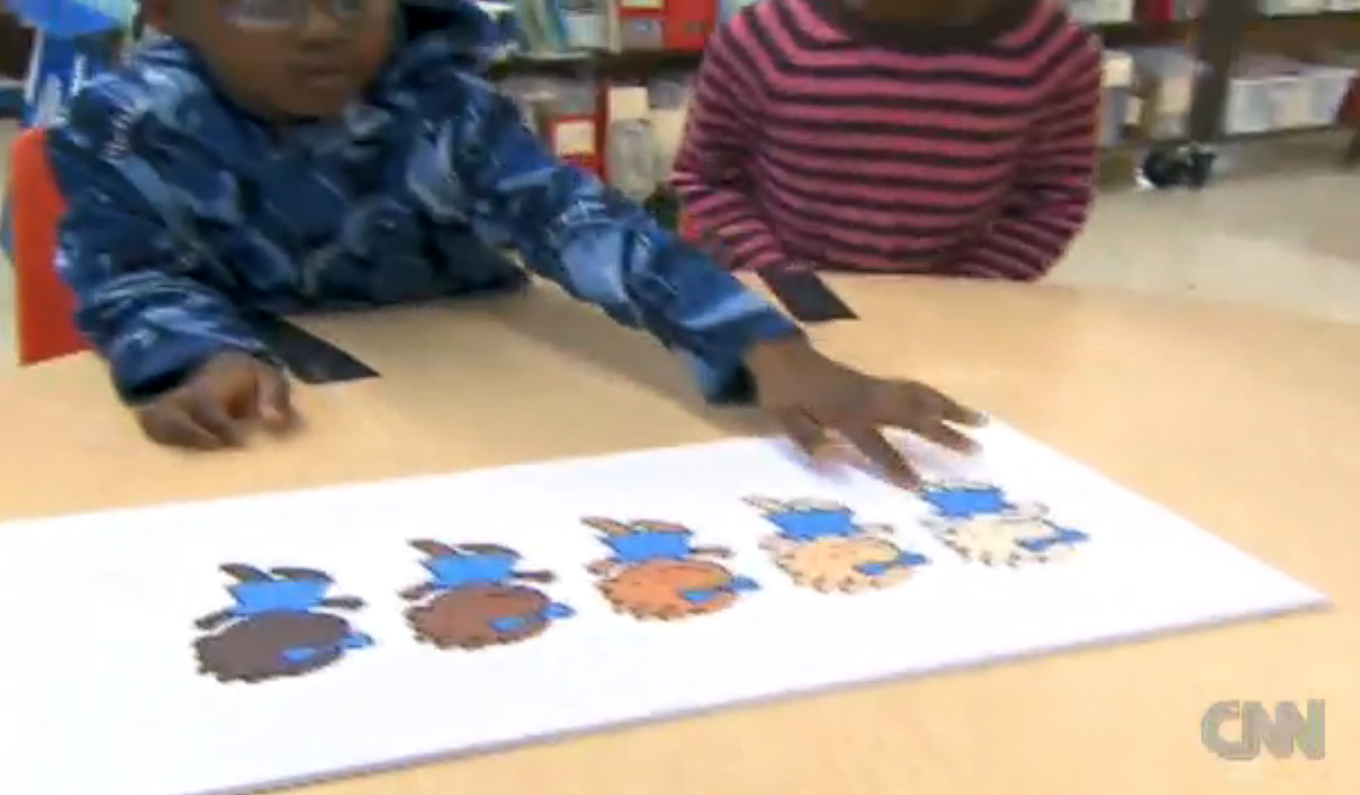What This Rapper Said About Black Women Reveals a Big Problem With Colorism

By:
A video of a Florida rapper featuring lyrics that ridicule black women has infuriated social media users and shed light on a conflict within communities of color.
Dieuson Octave, whose rap name is Kodak Black, has been in jail since May in connection with robbery charges and a police chase. However, the video of a studio session recorded before his arrest is getting attention for it's unabashed colorism.
In the video, Octave raps these lyrics that insult dark-skinned women.
“Where them yellow bones? / I don’t want no Black b*tch / I’m already Black / Don’t need no Black bitch.”
A "yellow bone" is a southern slang term for a light skinned black woman.
Twitter users dragged the rapper for his comments about black women.
His lyrics imply that light-skinned women are prettier than darker ones, a concept that unfortunately has roots in American beauty standards, colonialism, and slavery.
Professor Margaret Hunter from the Department of Sociology at Mills College wrote in her research that colonialism and slavery created the caste system of colorism within the black community in the U.S.
"Colorism for Latinos and African Americans has its roots in European colonialism and slavery in the Americas. Both systems operated as forms of white domination that rewarded those who emulated whiteness culturally, ideologically, economically, and even aesthetically. Light-skinned people received privileges and resources that were otherwise unattainable to their darker-skinned counterparts."
ATTN: has previously reported about the colorism in American beauty standards. For example, a Google search for "beautiful black American woman" brings up mostly images of lighter toned black women.
 Google - google.com
Google - google.com
Some Twitter users nailed the other problem with Octave's insulting lyrics: he's dark-skinned himself.
So why would a dark-skinned black man insult the skin color of black women?
Octave has seemingly internalized American beauty standards and society's racist caste system, a phenomenon that's had major implications in U.S. history.
In 1947, married black social psychologists Kenneth Clark and Mammie Phipps Clark created an experiment to challenge school segregation in the U.S, according to The New York Times. The researchers showed black children white dolls and black dolls. They then asked them which doll they would rather play with, which doll was "nice" and which one was "bad." The black children overwhelmingly preferred to play with the white doll and gave the black doll negative characteristics. The research was cited in the 1954 Supreme Court decision Brown v. Board of Education that moved the U.S toward integrated schools. The research showed that racial segregation was psychologically damaging to black children.
Unfortunately, black children are still struggling with internalized racism.
 CNN - cnn.com
CNN - cnn.com
A CNN funded pilot study led by University of Chicago child development researcher Margaret Beale Spencer found that both white and black children showed bias toward white Americans, according to CNN. The small pilot study tested 133 children ages 4 to 10 from the Northeast and the South. The children were asked questions including "what skin color do you want?"
One black boy told CNN's Anderson Cooper that he wanted to have white skin.
 CNN - cnn.com
CNN - cnn.com
When Cooper asked why the little boy wants white skin color, he responds that he doesn't know, but "it looks kind of whiteish."
